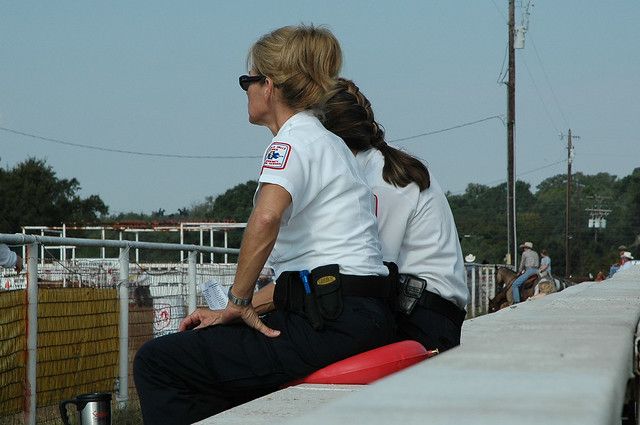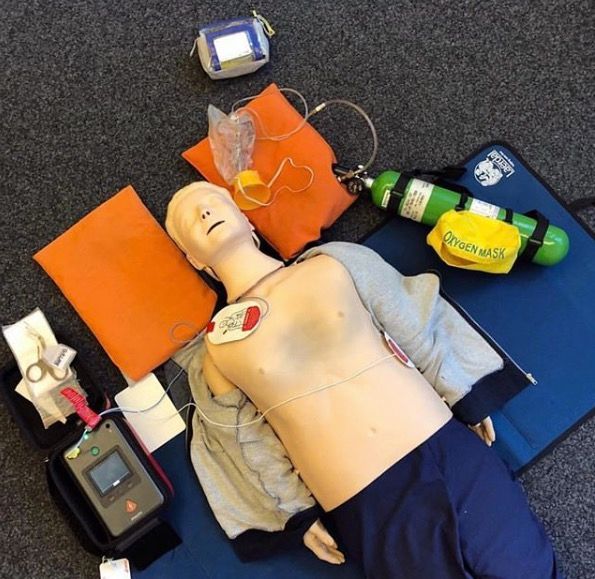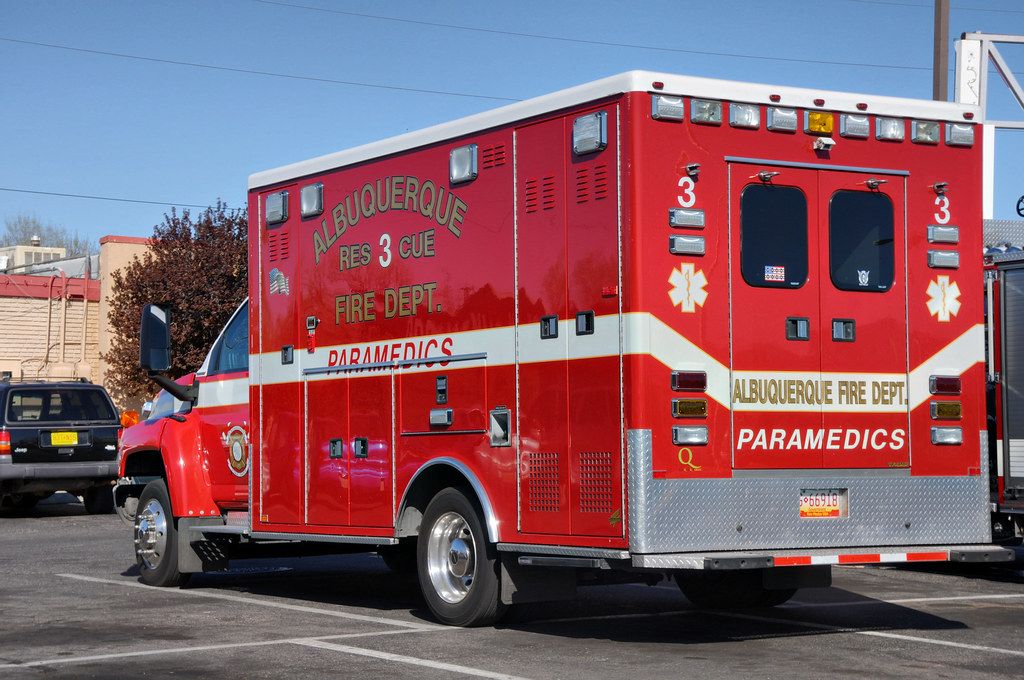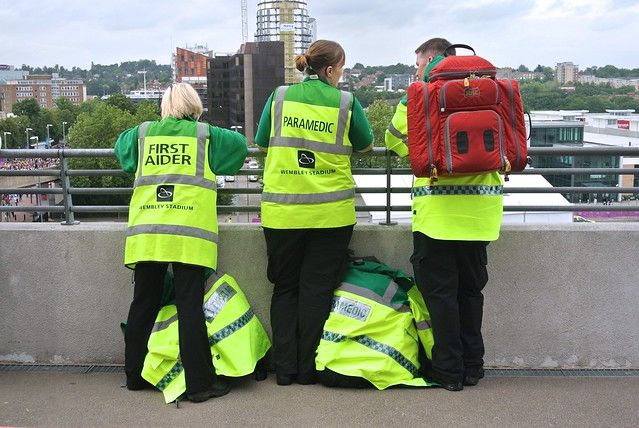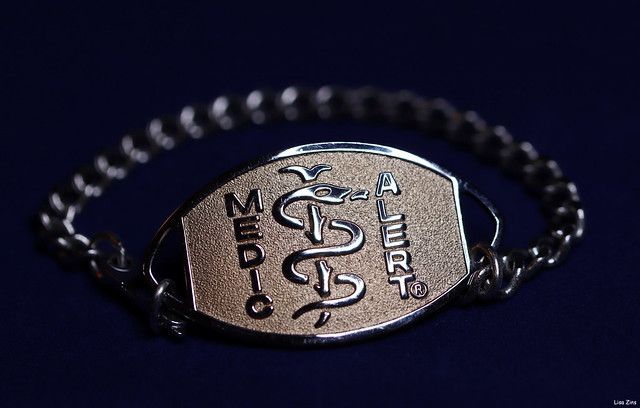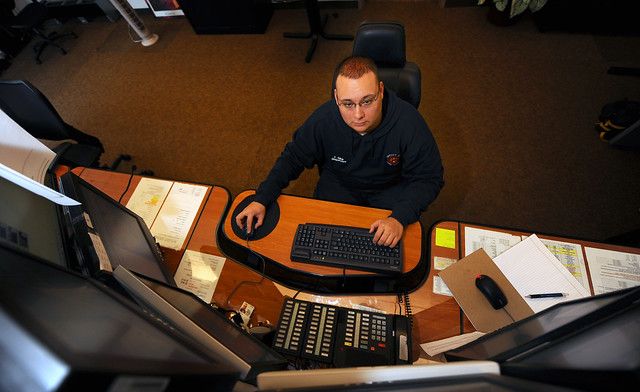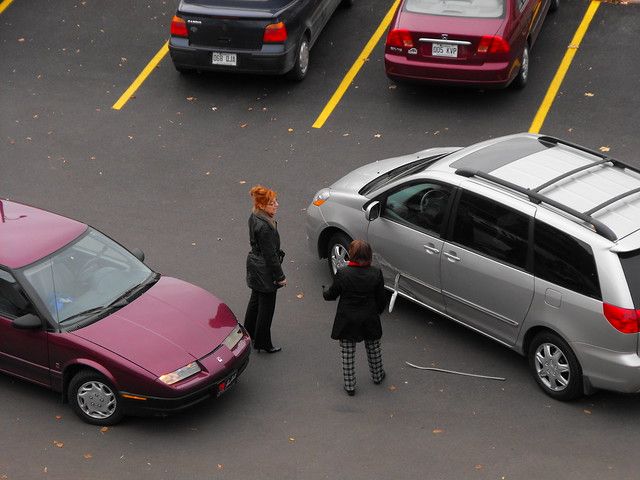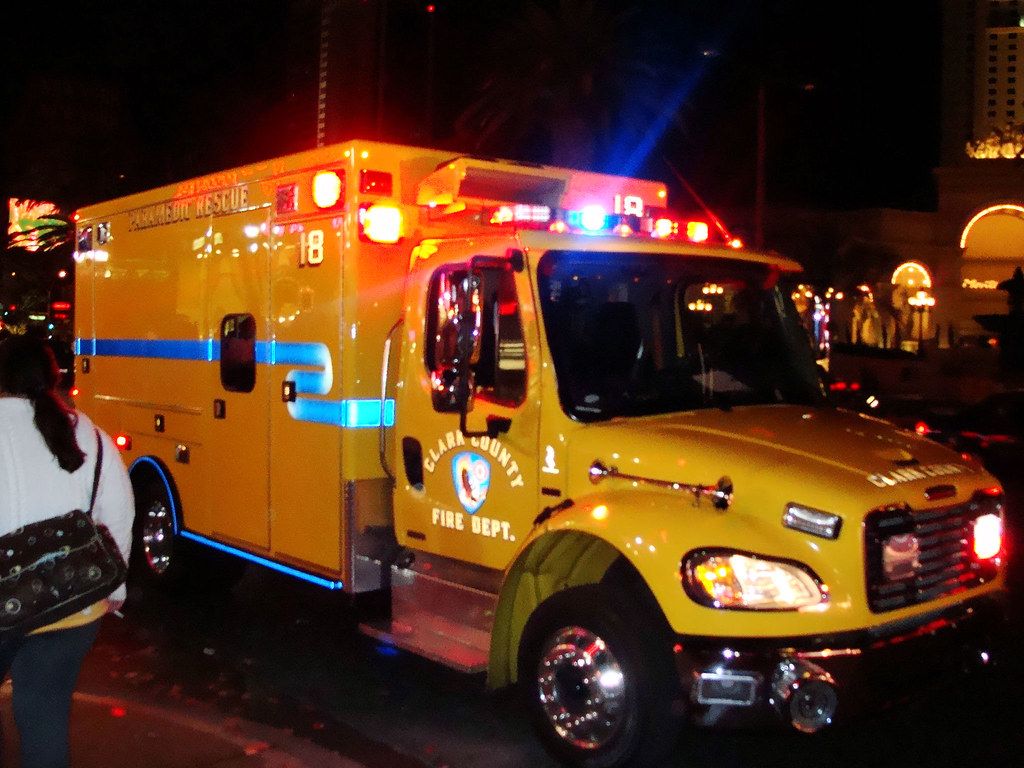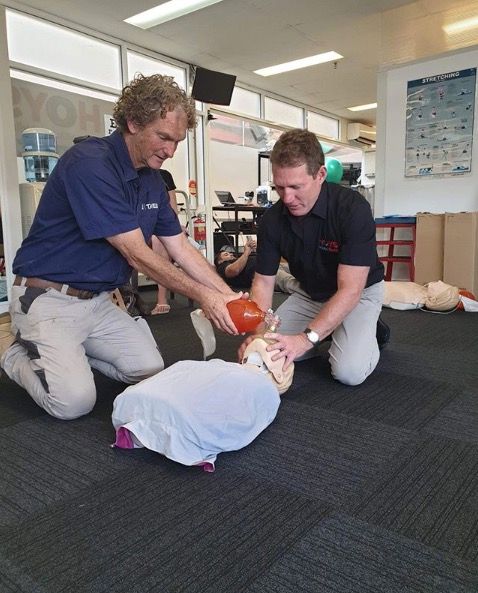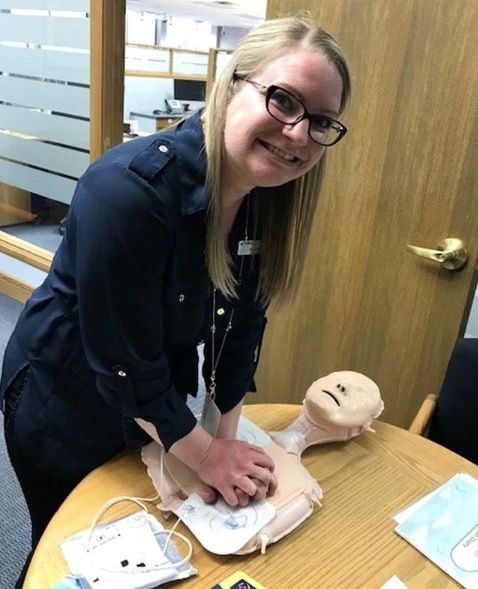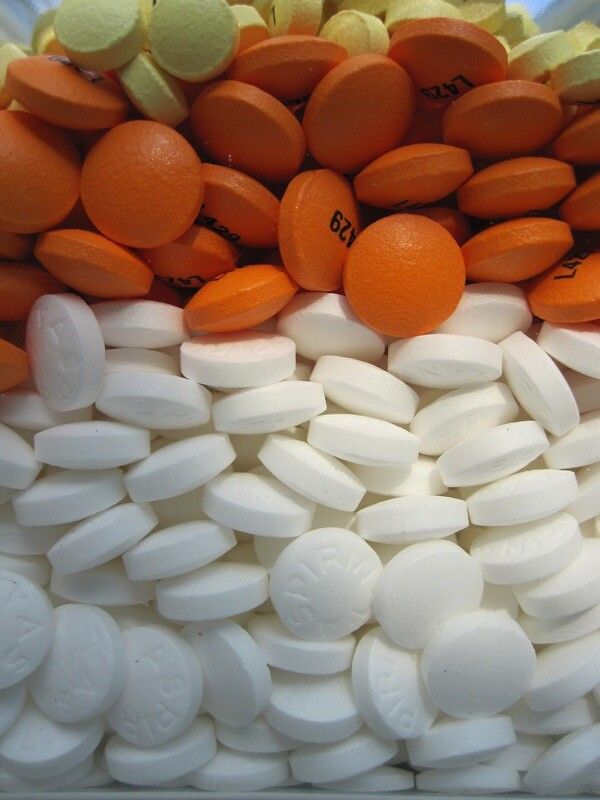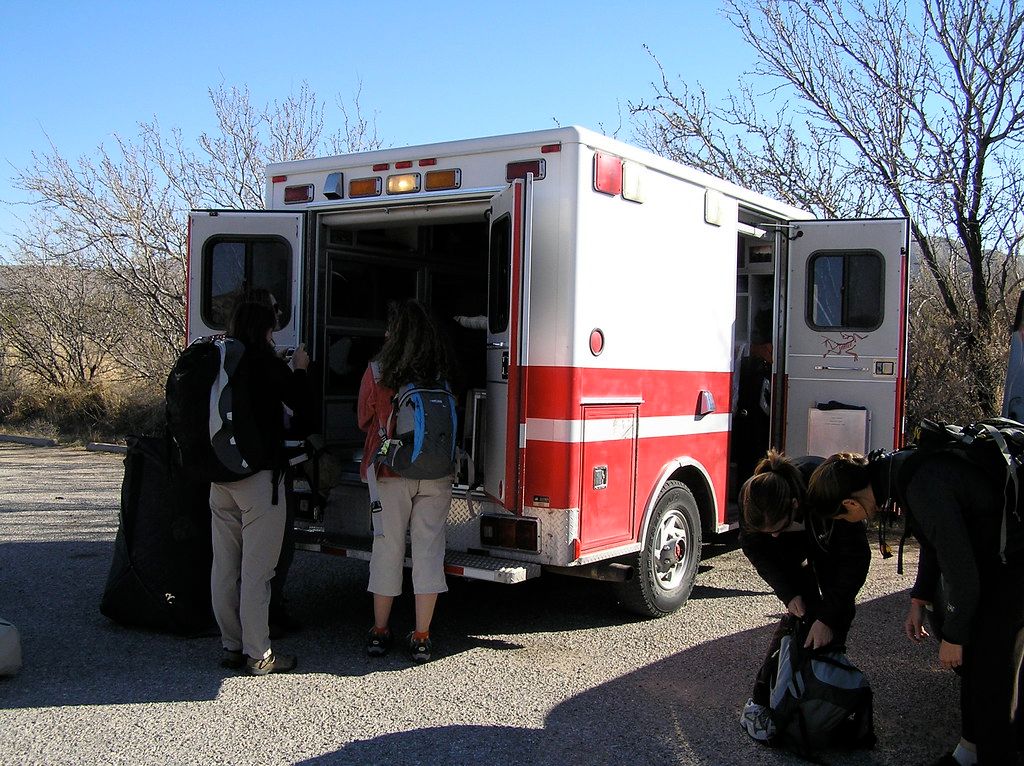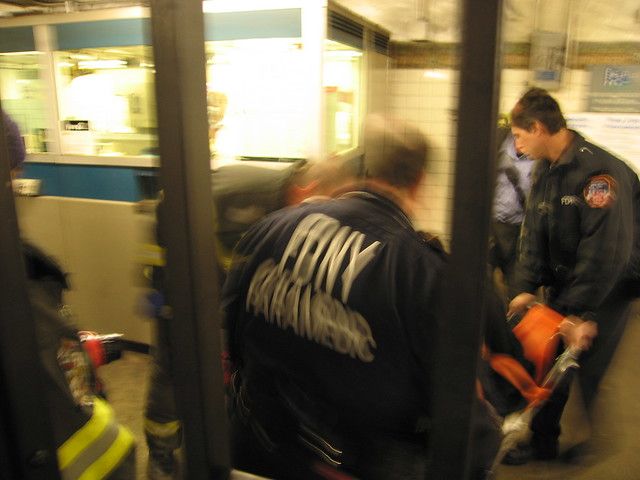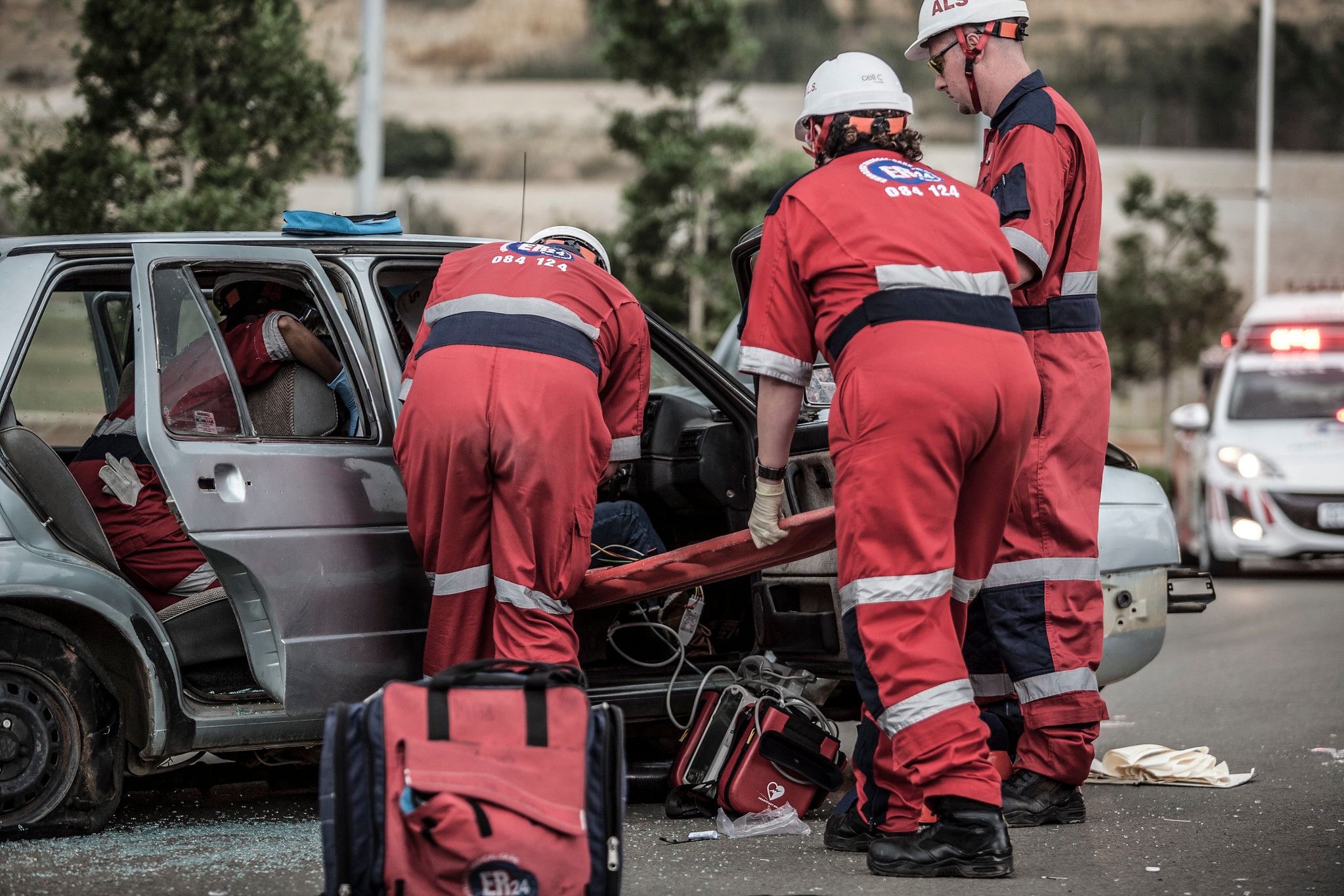If you've never needed a paramedic, consider yourself lucky. Whether they're coming to a child's soccer game to tend to a broken leg, or they're rushing to a mass tragedy, these uniformed heroes are often overlooked in society.
Paramedics deserve as much respect as we can give, because every day they're putting their lives on the line to save ours. There are some things that paramedics would like you to know, whether it's what to call them or how to handle certain emergencies.
1. AEDs Are Easier To Use Than You Think
Many stadiums, local community centres, office buildings, and even schools have started stocking their locations with automatic external defibrillators, or AEDs. The machines seem daunting, but they're simple to use. Each one comes equipped with voice prompts and diagrams to walk you through the process.
If you're in an office setting, it's worth looking into CPR and defibrillation training.
2. You Need To Let Ambulances Pass, But Don't Break The Law
When you see lights coming up from behind you, the automatic instinct is to move out of the way. If you're on the highway, pull over to the right if you can. However, make sure you're not stopping on the shoulder. Usually it's illegal to do so, and the ambulance might need to use it to get around traffic. Do your best to get out of the way, and don't try and "beat" the ambulance through an intersection.
3. They're Not "Ambulance Drivers"
Imagine training hard and saving lives only to reduce your title to "driver." Paramedics don't just transport patients, they treat them at their worst so they have the best chance at surviving and a full recovery.
“We bring the emergency room to the patient,” says Darryl Wilton, president of the Ontario Paramedic Association.
4. Be Prepared With A List Of Medical Conditions Or Prescriptions
In the event of an emergency, paramedics need to have as much information as possible to properly treat you. Unfortunately, you might not be in any state to hand out the details. It's recommended that you keep a list of any pre-existing conditions you may have, plus any medications you're on or allergies you may have. Keep this information on a list next to your door so that in the event of an emergency, paramedics can access it.
“When we enter and exit your home we’ll be sure to find it,” Wilton says.
It's also important to wear any medic-alert bracelets you have.
5. It's Not Always About A Medical Emergency
Though we think of 911 as the number to call in a dire emergency, often times operators are met with calls from senior citizens who are just looking to make conversation. They're usually depressed and lonely, and calling 911 is their only option.
“Often that call is the first time they’ve reached out,” Wilton says. “We have a community paramedicine program to align them with home care and community groups.”
6. Car Crashes Require 911
You may not think you're injured, but any car accident that's more than a fender bender means you should be calling 911. Your endorphins and adrenaline can mask any pain or injuries you have. Plus, symptoms of concussions or whiplash can take a few days to appear. Having a paramedic check you out is the best way to avoid any preventable consequences.
7. ER Times Aren't Determined By How You Get There
Sometimes people think that getting a ride to the ER from an ambulance will make their wait time shorter. This isn't the case at all. ERs base their order by urgency and severity, not how you got there. An ambulance just means you don't have to drive there yourself, not that you'll be out quicker.
8. CPR Is Crucial
The idea of doing CPR scares a lot of people. Training should be something everyone has, because doing CPR could mean the difference between life and death. Of course that sounds obvious, but the numbers are staggering.
“Survival rates go down by 10 per cent for every minute the patient doesn’t get CPR or defibrillation,” Wilton says.
9. CPR Is Different Than The Movies Or TV
Yes, we've all seen ER and Grey's Anatomy, but CPR on the TV or in movies is completely different than CPR in real life. Proper chest compressions, which required a depth of 5cm in adults, can sometimes crack ribs. It sounds harsh, but I would imagine most people are okay with the possibility of cracked ribs if it means tripling their chances of survival.
10. There Are Ways To Treat A Heart Attack While Help Arrives
Preventing a heart attack requires serious care for your health, but once it happens there isn't a whole lot you can do. While you can't reverse the blockage in your artery, chewing two Aspirin immediately after calling 911 can help stop the clot in your artery get any bigger. The medication contains an anti-platelet agent which is what stops the clotting.
11. 911 Will Tell You If It's An Emergency
Sometimes you don't know whether or not to call 911. It feels like an emergency to you, but is it actually? Don't make that decision yourself. If you're having a medical episode and you're concerned, you can call 911. They dispatchers or emergency responders can help determine whether or not your condition can wait until you see a doctor, or whether you need immediate attention.
A good rule of thumb is that if your situation involves chest pain, choking, breathing or speech problems, numbness, sudden intense pain, broken bones, burns, severe bleeding, or a suicide threat, then it's an emergency that requires immediate attention.
12. Keep GPS On Your Phone
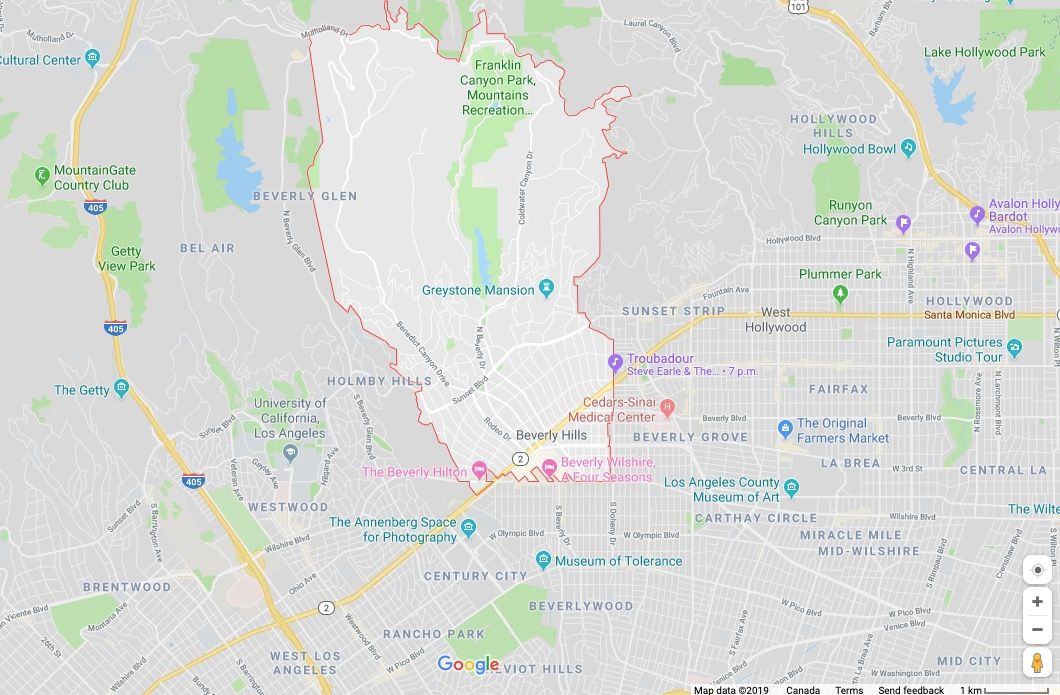
Sure, phones can be a bit of a nuisance in every day life, but in the case of an emergency they could save your life. Not only will you be able to call for help, the GPS on your phone can also identify where you are if your emergency is off the beaten track. You can use your phone's map or Google maps to find out coordinates and help paramedics get to your location.
“Every day, 911 dispatchers get calls from people who don’t know where they are,” Wilton says. “Tracking down your exact location can take up valuable minutes in an emergency.”
13. The Job Takes Its Toll
Though paramedics are strong, tough individuals, the job can take its emotional toll on them. Seeing gruesome injuries and deaths day in and day out affects their mental well-being. In a recent study in Canada, paramedics were found to have the highest rates of suicidal thoughts among al emergency workers.
Paramedics do whatever they can to save the lives of others, the least we can do is heed their advice.

